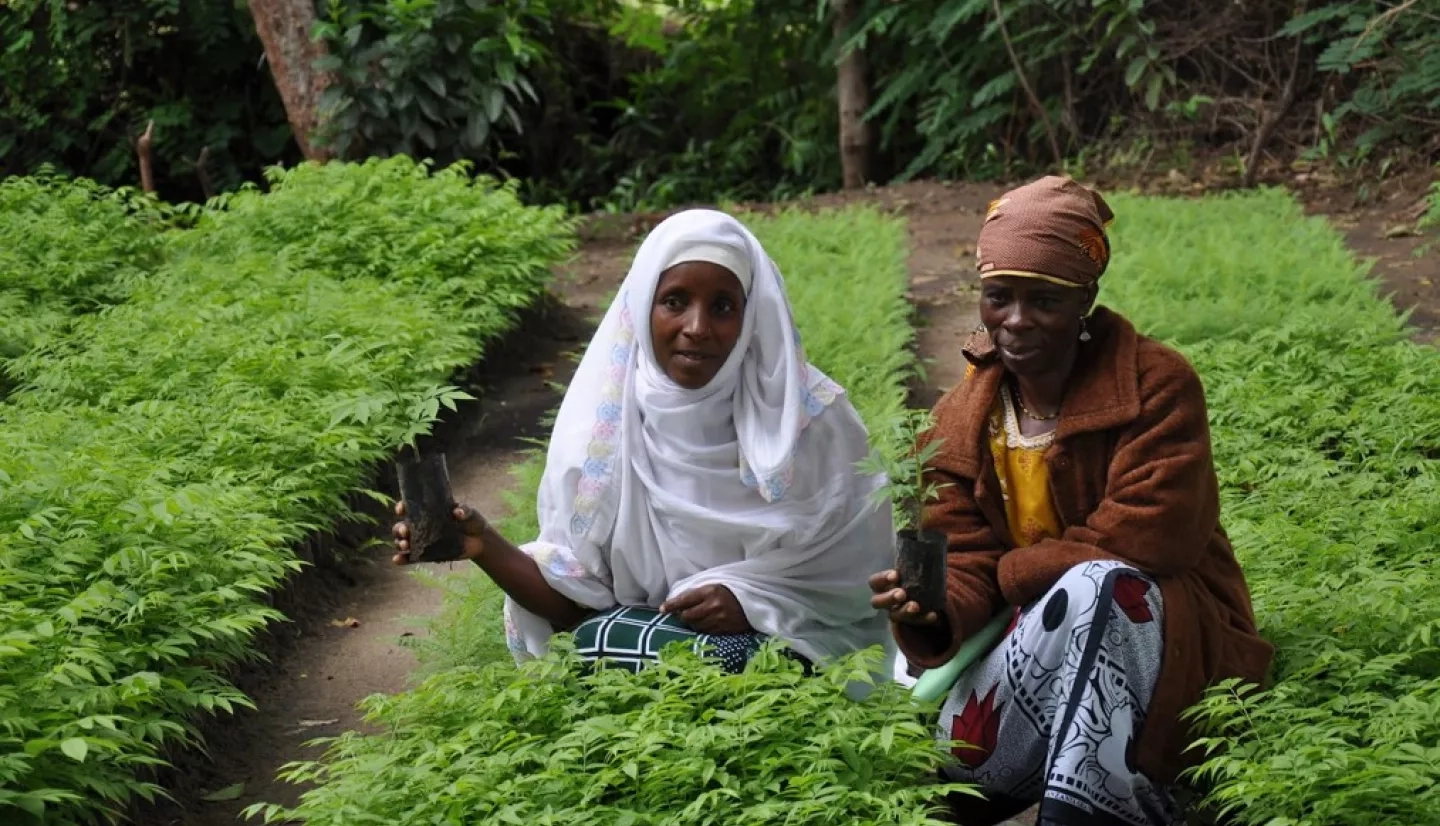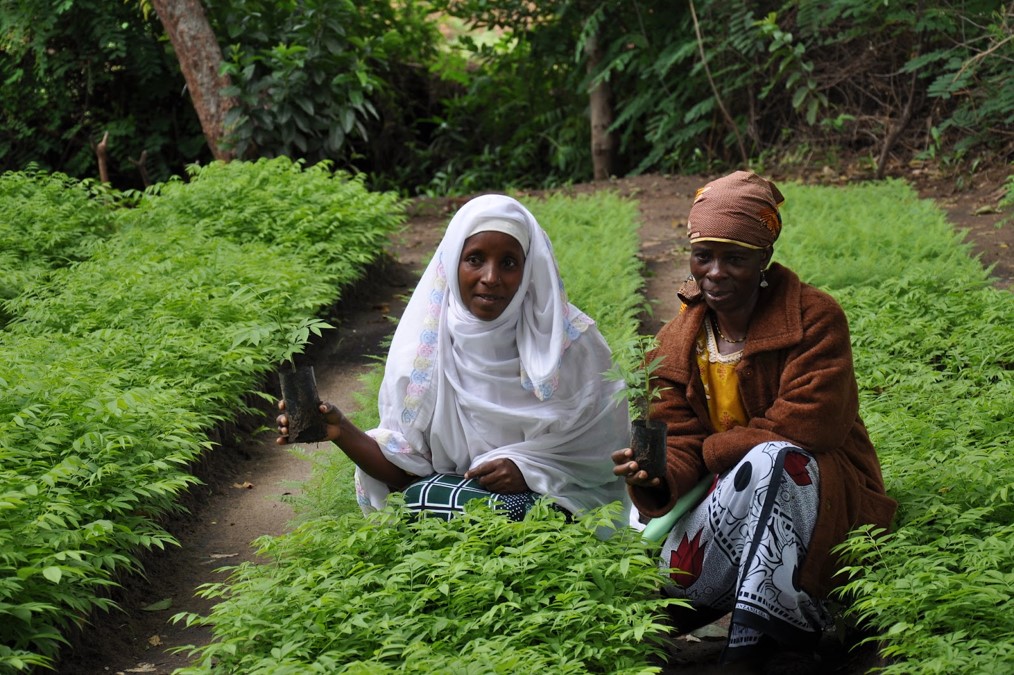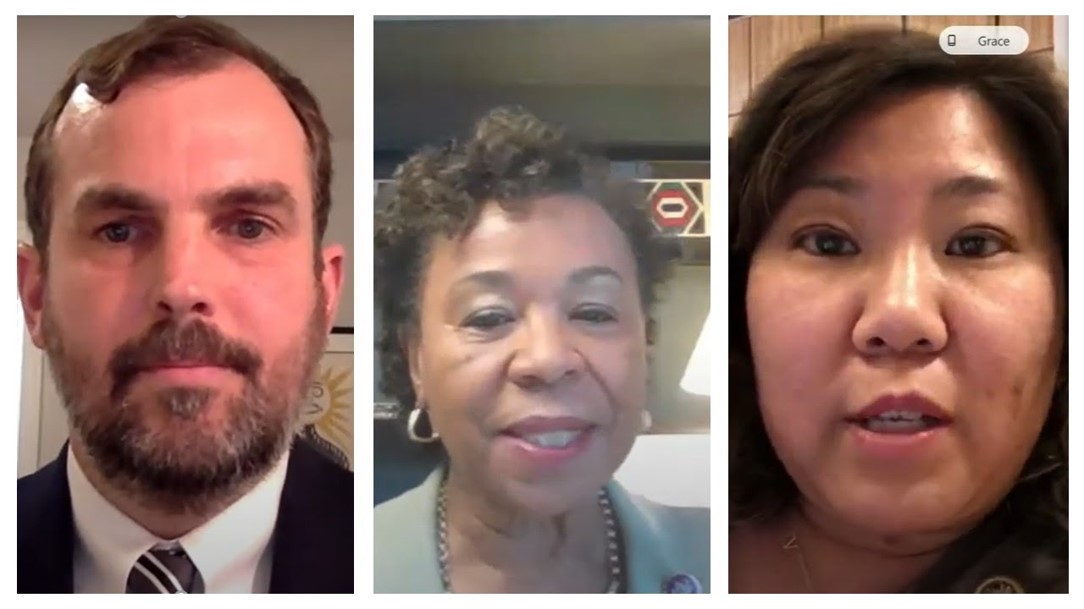Climate change disproportionately impacts women and girls, according to findings from the United Nations Food and Agriculture Organization and WomenDeliver, a global women’s advocacy group. These findings have indicated that environmental management and legislation improve in communities where women have greater representation and inclusion. SERVIR is working to accelerate that positive change with several new initiatives to increase gender inclusivity in its projects—efforts now being recognized in Washington.
Speaking to members of the U.S. House Appropriations Committee on May 19th, USAID’s Acting Deputy Assistant Administrator Jeff Haeni recognized SERVIR’s gender and inclusion efforts as being critical to ensuring inclusivity in the country’s international climate policy.
“USAID has launched a number of targeted programs empowering women to be leaders in driving climate action [including] our partnership with NASA under the SERVIR program, which works to empower women in geospatial and Earth sciences to get actionable climate data to women and girls,” Haeni told the Subcommittee on State, Foreign Affairs, and Related Programs.
Haeni’s testimony came as part of the Committee’s Hearing on Global Climate Finance, where Subcommittee Chair Barbara Lee asked officials from several federal agencies to describe how they will ensure that women are not further excluded from climate change efforts.
Since 2018, SERVIR has maintained inclusion strategies and various platforms to discuss how to better empower women both on the team and in the communities where SERVIR works. Other recent initiatives include collaborating with the International Union for the Conservation of Nature Advancing Gender in the Environment (IUCN AGENT) team to update the Service Planning Toolkit, the document SERVIR uses to plan new services, to include more guidance on incorporating women’s participation and feedback in the design and roll-out of projects. Incorporating more local input and gender-based data into projects has also helped SERVIR understand how climate change often intensifies hazards and discrimination already faced by women and girls.
“Climate change [...] disproportionately impacts those who are already most vulnerable,” said Representative Grace Meng later in the hearing. As an example, “this is particularly true of women and girls in communities reeling from natural disasters [...] In the aftermath of disasters, there are gaps in services and humanitarian protection frameworks which can make it difficult to adequately prevent gender-based violence.”
SERVIR seeks to foster inclusive climate change action by encouraging scientists to think not only about inclusivity on their own teams, but also about representation in the communities they serve. Recognition in the U.S. House of Representatives is a positive sign, but SERVIR continues to seek out best practices for ensuring its services build climate resilience for everyone.
---------------------------------------------------------------------------------------------------------------------------
SERVIR is a collaboration of NASA and USAID that uses data from NASA Earth observing satellites to support sustainable resource management decisions and build geospatial capacity in developing regions.





